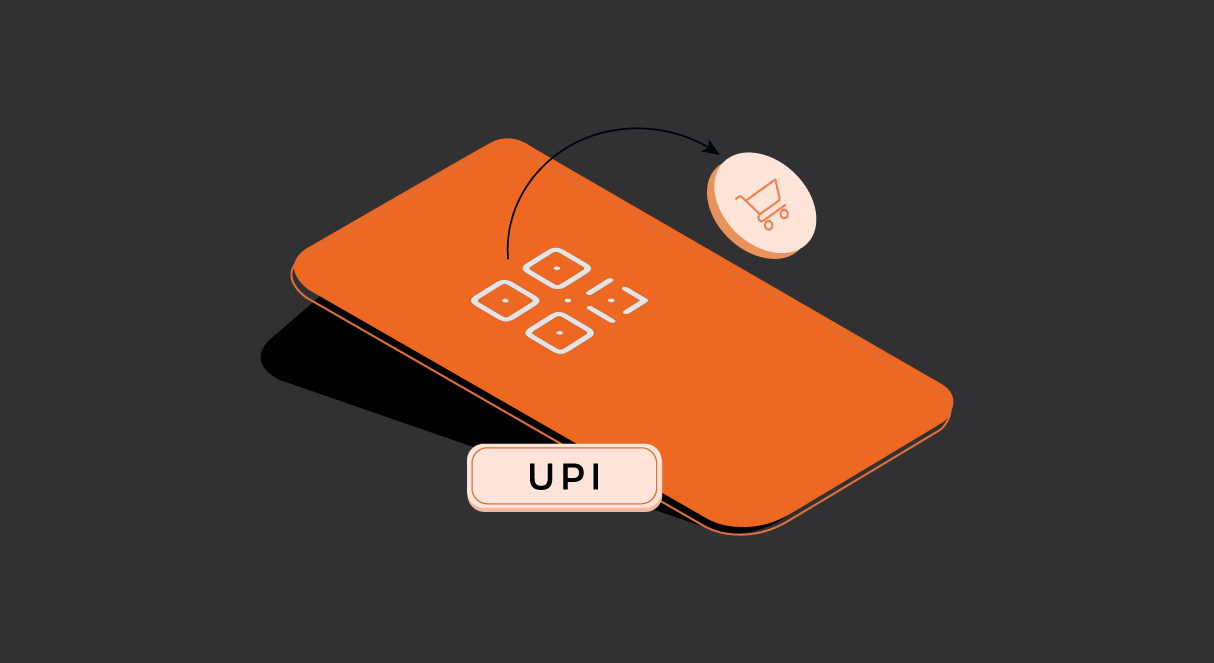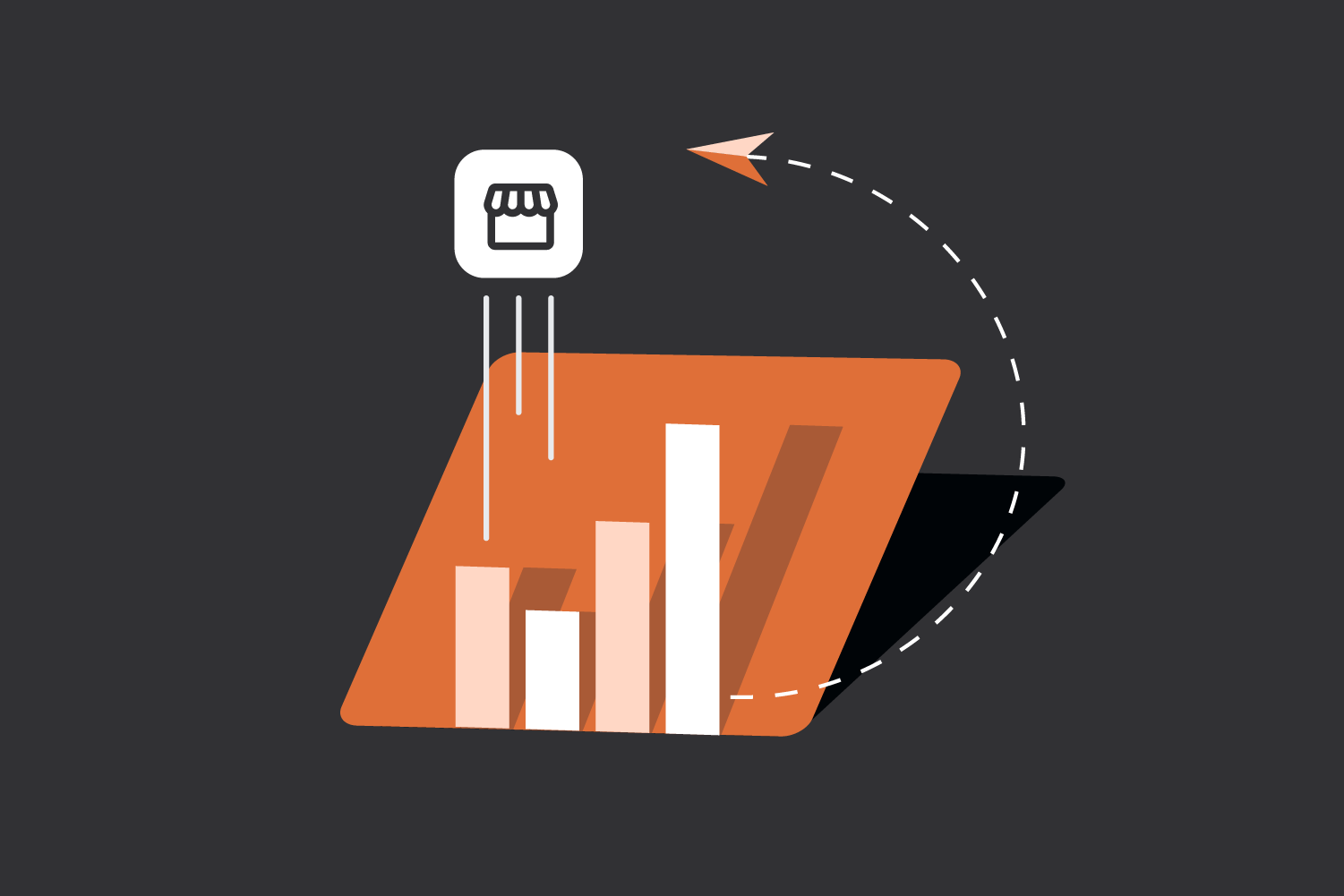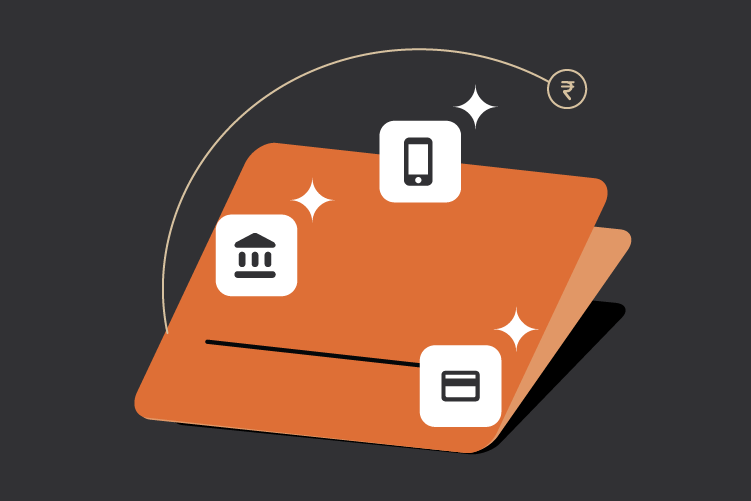The landscape of online purchasing has shifted dramatically, and securing your customers’ payment details is now more critical than ever. As more shoppers turn to the internet, it’s imperative for you, as a business owner, to protect your customers’ information from cyber threats. Integrating a secure payment gateway API isn’t just an option; it’s a necessity to safeguard your business and maintain the trust of your clients.
Encryption and tokenization are two powerful techniques used to secure payment data. Integrating these techniques with a secure payment gateway API, helps ensure sensitive payment information remains protected, allowing businesses to process payments confidently.
What is Encryption and Tokenization in Payment Gateway APIs?
As online payments evolve, safeguarding sensitive data is critical. Two key technologies ensure data security in payment processing: encryption and tokenization.
- Encryption transforms sensitive data into a coded format that can only be decoded with a specific decryption key. In the context of payments, encryption secures information like credit card numbers during transmission, protecting it from unauthorized access.
- Tokenization, on the other hand, replaces sensitive data with a unique, non-sensitive identifier called a token. Unlike encrypted data, tokens hold no exploitable value and cannot be reversed to their original form. This makes tokenization an ideal method for securely storing payment data.
When combined and integrated into a payment gateway API, these technologies offer a layered defense mechanism against cyber threats. Zwitch’s API streamlines this integration, helping businesses secure payment processes without complex technical overheads.
How Does Encryption and Tokenization Protect Payment Data in Payment Gateway APIs?
Encryption and tokenization are more than technical jargon—they’re the backbone of secure payment systems. Here’s how they work in practice:
- Encryption for Secure Data Transmission When a customer initiates a payment, encryption ensures that sensitive information, such as card numbers, is converted into an unreadable format as it travels between systems. Even if intercepted, the encrypted data is useless without the decryption key, significantly reducing the risk of breaches during transmission.
- Tokenization for Secure Data Storage Once the payment data is received, tokenization replaces sensitive information with a token. For example, instead of storing a customer’s 16-digit credit card number, a random string of characters (token) is stored. This token is mapped to the original data within a secure system, ensuring that even if storage is compromised, the data remains protected.
By integrating encryption and tokenization within a payment gateway API, businesses can create a seamless and secure payment experience. The right payment gateway not only supports these technologies but makes implementation effortless, allowing businesses to focus on growth rather than security concerns.
Benefits of Encryption and Tokenization for Payment Security
- Enhanced Customer Trust: Customers are more likely to make purchases when they feel their payment information is secure. Encryption and tokenization help businesses build trust by safeguarding customer data.
- Regulatory Compliance: Implementing encryption and tokenization methods helps businesses comply with industry standards like PCI DSS (Payment Card Industry Data Security Standard). This ensures that sensitive payment information is handled securely and legally.
- Reduced Fraud Risk: With tokenization, the risk of fraud is significantly reduced, as tokens hold no intrinsic value and can’t be used outside the specific transaction context.
- Business Protection: Protecting sensitive data means protecting your business. Encryption and tokenization reduce the potential fallout from a data breach, such as financial loss and reputational damage.
When integrating a payment gateway API, ensure that it includes these features to safeguard both your business and your customers. The right payment gateway solution integrates encryption and tokenization seamlessly, so businesses can focus on growth without worrying about payment security.
Conclusion
As digital payments continue to grow, securing payment data is more important than ever. Using encryption and tokenization within your payment system, powered by a reliable payment gateway API like Zwitch, helps safeguard both customer information and your business. By adopting these methods, businesses can reduce fraud, ensure regulatory compliance, and build customer trust—key elements in a secure and successful payment environment.
Interested in our APIs? Let’s talk!
Tell us your automation goals, and we’ll set you up with a free, personalized demo from our API expert.
Click HereFAQs
1. What is the difference between encryption and tokenization?
Encryption scrambles sensitive data during transmission, while tokenization replaces the data with a token for secure storage and processing.
2. How does tokenization protect payment information?
Tokenization ensures that sensitive data, such as credit card numbers, is replaced with non-sensitive tokens, reducing the risk of fraud or theft.
3. Why should I use a payment gateway API for secure payments?
A payment gateway API integrates encryption and tokenization to process payments securely, ensuring that sensitive customer data is protected at every step.
4. How does Zwitch’s payment gateway API enhance payment security?
Zwitch’s API combines real-time encryption and seamless tokenization integration, helping businesses secure transactions and maintain compliance effortlessly.



0 Comments